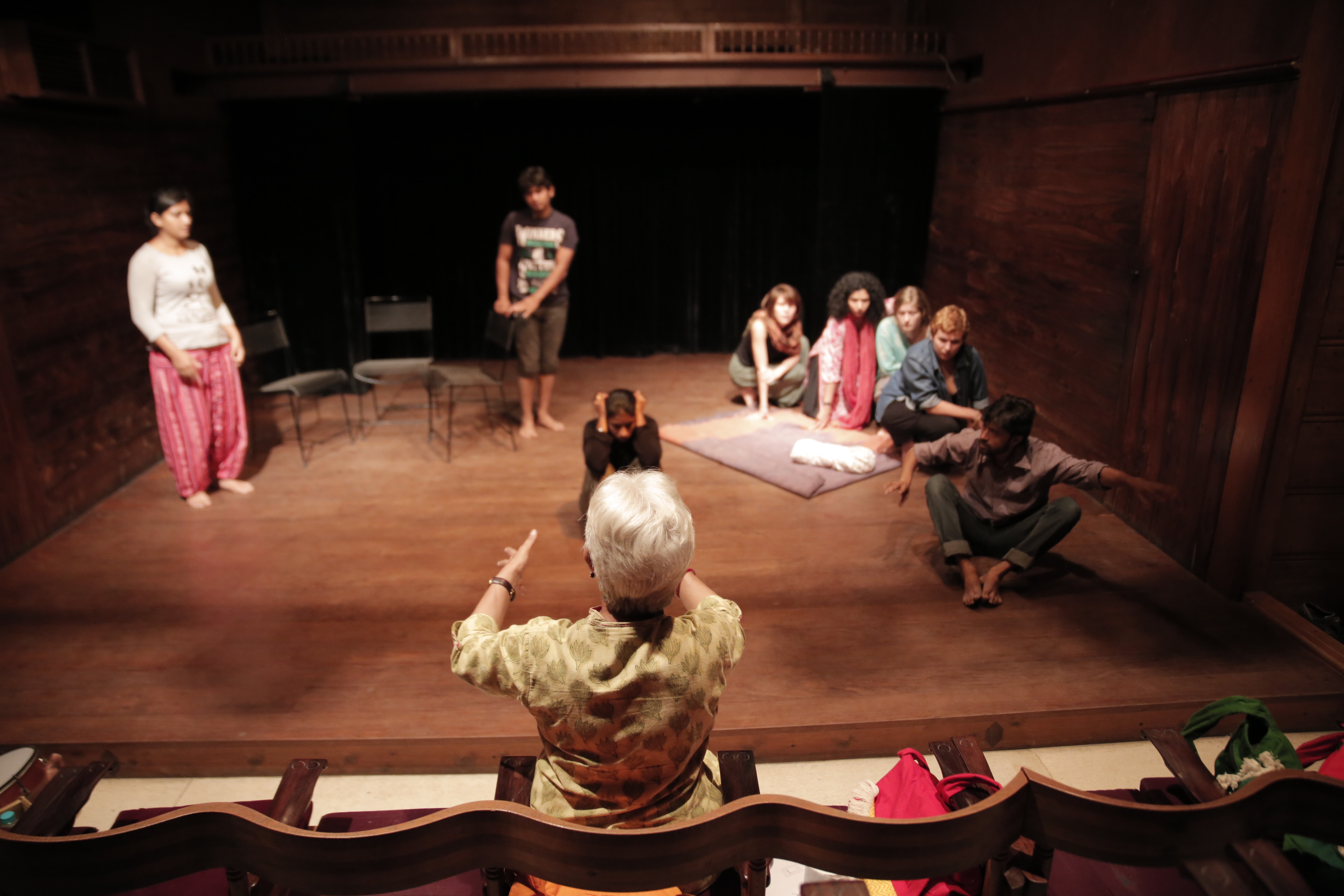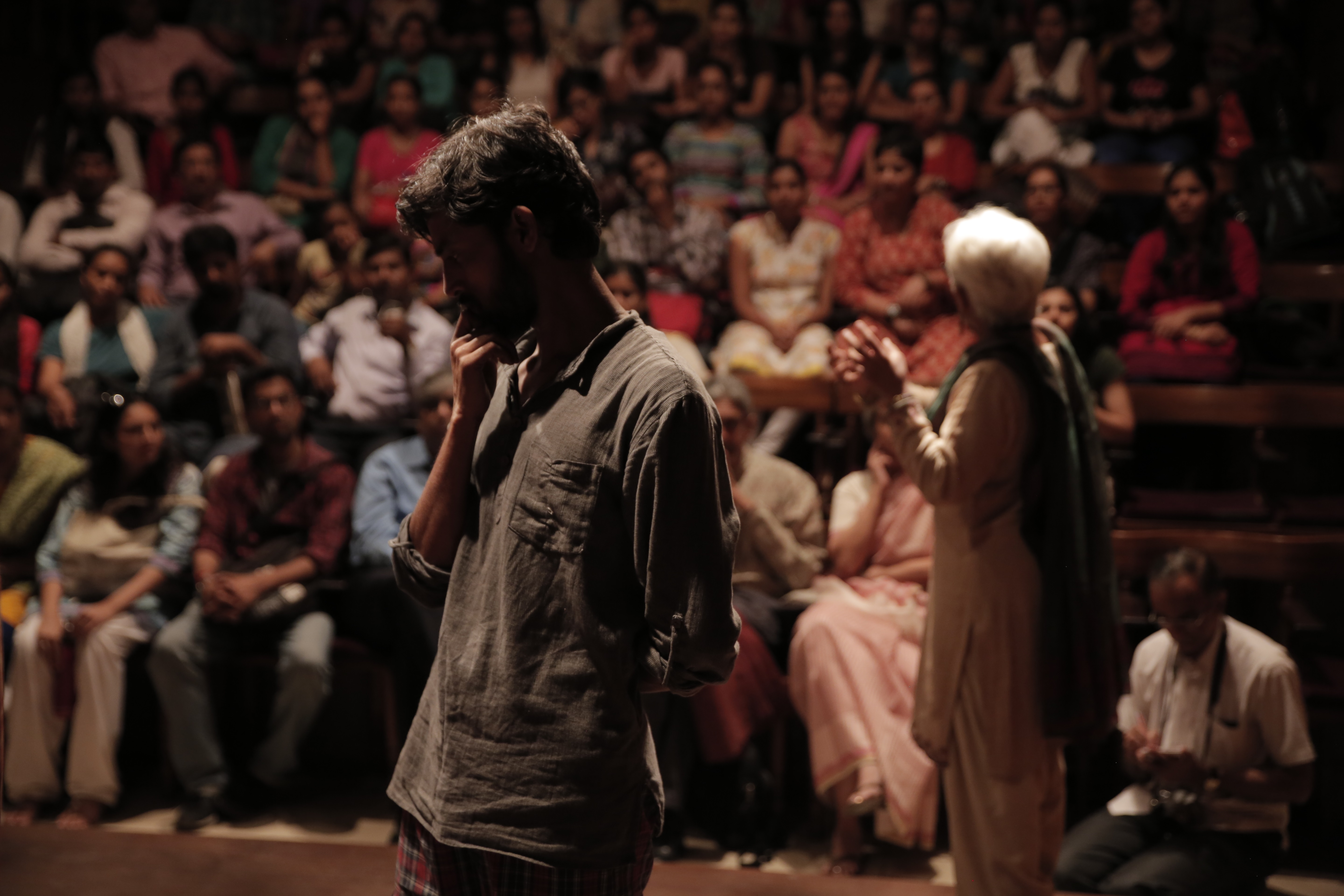Methods
 This is a mixed-methods project. A qualitative case study will guide the quantitative analysis of national longitudinal data.
This is a mixed-methods project. A qualitative case study will guide the quantitative analysis of national longitudinal data.
Comparative methodology - Young persons from an assortment of class backgrounds will be invited to participate in the exploratory stage of the research. This part of the research is semi-structured so that findings stem directly from the participants. Participatory research - An innovative method is being developed, which uses an interactive style of drama to generate emergent hypotheses, comparable to focus groups.
Ethnography - Ethnographic techniques will be employed to better understand how often police are required to respond to instances involving mental disorder, and challenges experienced.
Life history interviews - 40 life history interviews will be conducted, 20 with young persons and 20 with adults from different class backgrounds treated in mental healthcare facilities and penal institutions. At this stage of the research, mental health trajectories will be assessed.
Participatory research - An innovative method is being developed, which uses an interactive style of drama to generate emergent hypotheses, comparable to focus groups.
Ethnography - Ethnographic techniques will be employed to better understand how often police are required to respond to instances involving mental disorder, and challenges experienced.
Life history interviews - 40 life history interviews will be conducted, 20 with young persons and 20 with adults from different class backgrounds treated in mental healthcare facilities and penal institutions. At this stage of the research, mental health trajectories will be assessed.
Longitudinal analysis - There is a wealth of unanalysed longitudinal data available in the research space, which includes cohort information on socioeconomic factors, criminal conviction, and mental health. Analysis of these data will help answer questions raised during the qualitative stages of the research.

